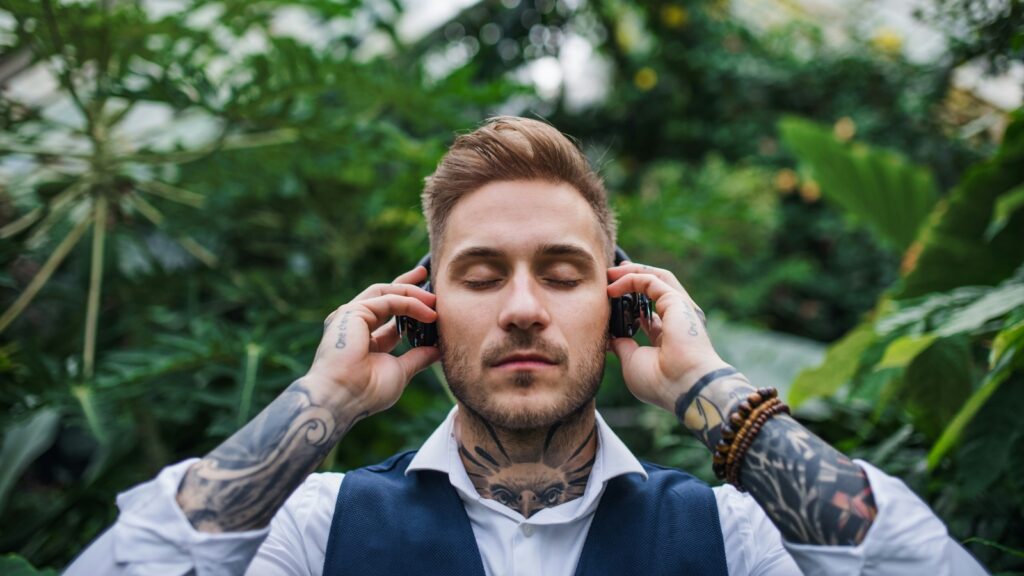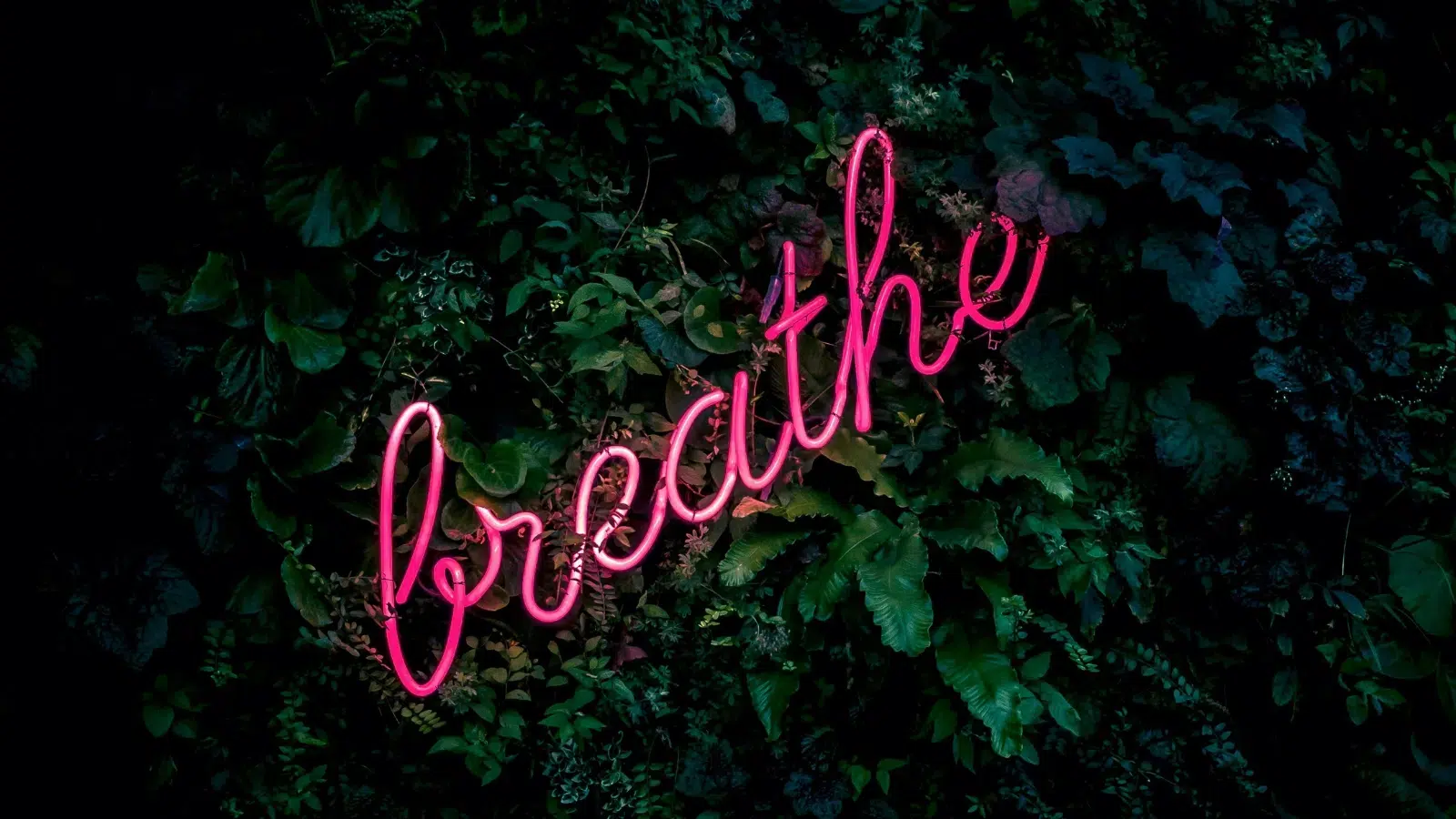We are told that the "war on drugs" is
being waged, on our behalf, by our governments and their armed bureaucracies
and police forces, to save us from ourselves. "Potential for abuse and harm" are
supposed to be the criteria by which the use of drugs is suppressed – the
greater a drug's potential for abuse and harm, the greater and more vigorous
the degree of suppression, and the more draconian the penalties applied against
its users.
In line with this scheme drugs are
typically ranked into a hierarchy, Schedule I, II and III in the US, Class A, B
and C in the UK, and so on and so forth all around the world. Thus to be
arrested for possession of a Schedule I or Class A drug results in heavier
penalties than possession of a Schedule III or Class C drug. Generally if a
drug is deemed to have some currently accepted medical use it is likely to be
placed in a lower schedule than if it has none, notwithstanding the fact that
it may have potential for abuse or harm. In the absence of any recognised
therapeutic effects drugs that are highly addictive, such as heroin or crack
cocaine, or drugs that are profoundly psychotropic, e.g. hallucinogens such as
LSD, psilocybin or DMT, are almost universally placed in the highest schedules
and their use attracts the heaviest penalties.
The notable exceptions to this system of
ranking according to perceived "harms" are, of course, alcohol and tobacco,
both highly addictive and harmful drugs – far more so than cannabis or
psilocybin for example – but yet socially accepted on the grounds of long
customary use and thus not placed in any schedule at all.
The failed war
When we look at the history of the "war on
drugs" over approximately the last forty years it must be asked whether the
criminalisation of the use of any of the prohibited substances has in any way
been effective in terms of the stated goals that this "war" was supposedly mounted
to achieve? Specifically, has there been a marked reduction in the use of
illegal drugs over the past forty years – as one would expect with billions of
dollars of taxpayers' money having been spent over such a long period on their
suppression – and has there been a reduction in the harms that these drugs
supposedly cause to the individual and to society?
It is unnecessary here to set down screeds
of statistics, facts and figures readily available from published sources to
assert that in terms of its own stated objectives the "war on drugs" has been
an abject failure and a shameful and scandalous waste of public money. Indeed
it is well known, and not disputed, that the very societies that attempt most
vigorously to suppress illegal drugs, and in which users are subject to the
most stringent penalties, have seen a vast and continuous increase in
the per capita consumption of these drugs. This is tacitly admitted by the vast
armed bureaucracies set up to persecute drug users in our societies which every
year demand more and more public money to fund their suppressive activities; if
the suppression were working one would expect their budgets to go down, not up.
Meanwhile the social harms caused by the
"war on drugs" itself are manifest and everywhere evident. In the United States for example there
have been more than 20 million arrests for the possession of the Schedule I
drug marijuana since 1965 and 11 million since 1990. The pace of arrests is
increasing year on year bringing us to the astonishing situation where, today,
a marijuana smoker is arrested every 38 seconds. The result, as Rob Kampia,
director of the Marijuana Policy Project, recently observed, is that marijuana
arrests outnumber arrests for "all violent crimes combined," meaning
police are spending inordinate amounts of time chasing nonviolent criminals. And
it goes without saying that those who are arrested for the use of marijuana and
other illegal drugs do suffer immense harm as a result of the punishments
inflicted on them – including, but not limited to, personal trauma, loss of
freedom, loss of reputation, loss of employment prospects, and serious,
long-lasting financial damage.
Inventory of
harm
Such matters are only the beginning of the
long inventory of harm caused by the war on drugs.
Western industrial societies, and all those
cultures around the globe that increasingly seek to emulate them, teach us to venerate
above all else the alert, problem solving state of consciousness that is
particularly appropriate to the conduct of science, business, war and logical enquiry,
and to such activities as driving motor cars, operating machinery, performing
surgery, doing accounts, drawing up plans, accumulating wealth, etc, etc, etc.
But there are many other states of consciousness that the amazing and
mysterious human brain is capable of embracing and it appears to be a natural
human urge, as deep-rooted as our urges for food, sex and nurturing
relationships, to seek out and explore such "altered states of consciousness." A
surprisingly wide range of methods and techniques (from breathing exercises, to
meditation, to fasting, to hypnosis, to rhythmic music, to extended periods of
vigorous dancing, etc, etc) are available to help us to achieve this goal, but there
is no doubt that the consumption of those plants and substances called "drugs"
in our societies are amongst the most effective and efficient means available
to mankind to explore these profoundly altered states of consciousness.
The result is that people naturally seek
out drugs and the temporary alterations in consciousness that they produce. Not
all people in every society will do this, perhaps not even a majority, but
certainly a very substantial minority – for example the 2 million Britons who
are known to take illegal drugs each month, or those 20 million people in the
US who have been arrested for marijuana possession since 1965. And these of
course are only the tip of the iceberg of the much larger population of American
marijuana users, running into many more tens of millions, who have, by luck or
care, not yet fallen foul of the law and are thus not reflected in the arrest
statistics.
Needless to say, it is of course exactly
the same urge to alter consciousness that also impels even larger numbers of
people to use legal (and often extremely harmful) drugs such as alcohol and
tobacco – which, though they may not alter consciousness as dramatically as,
say, LSD or marijuana, are nevertheless undoubtedly used and sought out for the
limited alterations of consciousness that they do produce.
For the hundreds of millions of people
around the world whose need to experience altered states is not and cannot be
satisfied by drunken oblivion or the stimulant effects of tobacco, it is therefore
completely natural to turn to "drugs" – and, since the "war on drugs" means that
there is no legal source of supply of these substances, the inevitable result
is that those who wish to use them must resort to illegal sources of
supply.
Herein lies great and enduring harm. For it
is obvious, and we may all see the effects everywhere, that the illegalisation
of drug use has empowered and enriched a vast and truly horrible global criminal
underworld by guaranteeing that it is the only source of supply of these
drugs. We have, in effect, delivered our youth – the sector within our societies
that most strongly feels the need to experience altered states of consciousness
– into the hands of the very worst mobsters and sleazeballs on the planet. To
buy drugs, our sons and daughters have no choice but to approach and associate
with violent and greedy criminals. And because the proceeds from illegal drug
sales are so enormous, we are all caught up in the inevitable consequences of
turf wars and murders amongst the gangs and cartels competing in this blackest
of black markets.
It should be completely obvious to our
governments, after more than forty years of dismal failure to suppress illegal
drug use, that their policies in this area do not work and will never work. It should
be completely obvious, a simple logical step, to realise that by decriminalising
drug use, and making the supply of all drugs available to those adults who wish
to use them through legal and properly regulated channels, we could, at a
stroke, put out of business the vast criminal enterprise that presently flourishes
on the supply of illegal drugs.
It ought to be obvious but somehow it is
not.
Instead the powers that be continue to
pursue the same harsh and cruel policies that they have been wedded to from the
outset, seeking to strengthen and reinforce them rather than to replace them
with something better. Indeed the only "change" that the large armed
bureaucracies that enforce these policies have ever sought since the "war on
drugs" began has, year on year, been to demand even more money, even more arms,
and even more draconian legislative powers to break into homes, to confiscate
property, and to deprive otherwise law-abiding citizens of liberty and wreck
their lives. In the process we have seen our once free and upstanding societies
– which used to respect individual choice and freedom of conscience above all
else – slide remorselessly down the slippery slope that leads to the police
state. And all this is being done in our name, with our money, by our own
governments, to "save us from ourselves"!
Winners and losers
Who benefits from this colossal stupidity
and systematic wickedness? And who loses? The beneficiaries are easy to spot.
First, the large and ever expanding armed
bureaucracies, funded with large and ever growing sums of public money to
suppress the use of drugs, have benefited enormously. Everyone who works for
them, including the PR men and spin merchants who concoct the propaganda used
to sell their policies to us, including their subcontractors both public and
private, and including the (often privately-run) prisons stuffed to bursting
point with their victims, are the beneficiaries of this catastrophic failure on
the part of our governments to think laterally, generously and creatively.
Whether you are a DEA agent or a prison guard you naturally have a deeply
vested interest in maintaining the miserable status quo, justified by the "war
on drugs", that keeps you in your job, that ensures your monthly pay checks continue
to come in, and that continuously expands your budgets.
The second main category of beneficiaries
are – of course! – the criminal gangs and cartels that the present misguided
official policies have empowered as the sole source of drugs in our societies.
Over the past forty-plus years they have earned countless billions of dollars
from the sale of illegal drugs which, had they only been legal, would not have
earned them a single penny.
Who are the losers? First and most directly those millions upon
millions of good, non-violent people in our societies who have been jailed or
otherwise punished for the possession and use of drugs. Second, virtually
everyone else in our societies as well, regardless of whether or not they use
illegal drugs themselves. For the quality of life of all of us has been
diminished by the growth of the police state and by the murderous activities of
the criminal gangs enfranchised, and kept in business, by the blind and
mindless perpetuation of this failed and bankrupt "war on drugs".
So, in summary, the criminalisation of drug
use has brought no positive effects, only negative ones, and it has not stopped,
nor even reduced the use of dangerous and harmful drugs. On the contrary, we
have been so little "saved from ourselves" by this phoney war that the use of
almost all illegal drugs, far from decreasing, has dramatically increased
during the past forty years.
Learning from
tobacco
A contrary example, but one that is most
instructive, concerns the use of tobacco in our societies.
Tobacco has never been illegal; far from that,
its use was for a long time actively encouraged by clever advertising campaigns
mounted by the multi-billion dollar tobacco industry. But the use of tobacco
does undoubtedly lead to great harms, both for the health of the individual and
the health of society at large, and facts about these harms have been widely
and successfully disseminated without a single tobacco user ever being arrested
or persecuted.
It is interesting in this connection to
compare the success of public information campaigns about the dangers of
tobacco use with the utter failure of public information campaigns about the
dangers of marijuana use. The reason the anti-marijuana campaigns have failed is
that millions of users know from their own direct, long-term experience that
marijuana does not do them any great harm and (with reference to the
most recent anti-marijuana propaganda) most definitely does not drive
them mad. It may well be true that very small numbers of fragile teenagers
whose mental health was already compromised have had their latent schizophrenia
or other similar conditions worsened by the use of marijuana – but the vast
majority of marijuana users are not at all affected in this way. Likewise
efforts by government agencies to persuade us that new stronger strains of
marijuana presently available on the market (e.g. "skunk") are more dangerous
to our health than traditional strains of marijuana because they deliver much
more of the active ingredient THC to our systems, have not persuaded anyone.
Regular marijuana users presented with a stronger strain simply adjust their
consumption, consuming far less of it than they would of a weaker strain in
order to achieve the same effect, and feel intuitively that smoking less of any
substance has got to be better for their lungs and general health than smoking
more.
The consequence of this disconnect between
personal experience and "facts" purveyed by official public information
campaigns is that huge numbers of people no longer believe anything that our
governments have to say to us about drugs. There is an increasingly widespread
recognition that tainted, unreliable and tendentious information is being
passed on – information that cannot be trusted. And this distrust of official
sources of information is, of course, only worsened by the propagandistic
character, witch hunts and scare tactics of the "war on drugs" and by the
realisation that the health information purveyed in anti-drug campaigns is not
underwritten by caring and nurturing official policies but instead by draconian
criminal sanctions and punitive authoritarian attitudes.
Where the health hazards of tobacco use are
concerned, on the other hand, since there are no criminal sanctions against
tobacco users, no large armed bureaucracies to enforce them, and no special
interests to serve by the dissemination of misleading information, the evidence
has been accepted and believed by most rational adults freely making up their
own minds, precisely as one would expect.
The result? While the use of illegal drugs
has everywhere skyrocketed over the past forty years, regardless of the violent
persecution of the users of these drugs, the use of tobacco, in a climate of
free choice and reliable information, has plummeted to an all time low. The
consumption of tobacco, once seen as a socially approved, even desirable, and,
indeed, "stylish" habit has come to be regarded as a pariah activity that only
idiots would indulge themselves in. Although there are, of course, still many
tobacco users – because nicotine is intensely addictive – their numbers
continue to fall dramatically year on year as more and more of us make the free
choice to give up the habit for the sake of our health.
Is it not obvious that the "tobacco model"
could be applied with equal success to all illegal drugs? In other words, is it
not obvious, if our governments really wish us to stop using drugs, that
immediate legalisation of adult personal use must follow, that the giant armed
bureaucracies that persecute drug users must be closed down, and that the whole
matter must be thrown open, in the way that tobacco-use has been thrown open,
to the effects of good, reliable information and the sound commonsense of the vast
majority of the population? If that happens then we can be certain that drugs
that are genuinely harmful to health and wellbeing (in the way that tobacco
certainly is) will fall out of favour with their users in exactly the way that
tobacco has done. And if it turns out that some of these drugs are in fact not
so harmful, then it should not concern us at all if some adults make the free choice
to continue to use them.
Of course, even against a backdrop of
legalisation and good information, some adults will make the free choice to
continue to use genuinely harmful drugs as well, just as some adults today do
continue to make the free choice to continue to use tobacco. But that, too, is
as it should be in a truly free society. Democratic Congressman Barney Frank
was spot on the truth of what a free society really means when he announced a
proposal in August 2008 to end federal penalties for Americans carrying fewer
than 100 grams (almost quarter of a pound), of marijuana. "The vast amount
of human activity ought to be none of the government's business," Frank
said on Capitol Hill. "I don't think it is the government's business to
tell you how to spend your leisure time."
It goes without saying that Frank's proposal
is unlikely to succeed in the hysterical climate of disinformation that
presently surrounds this subject, and we must ask ourselves why this should be
so. Why are commonsense proposals for the legalisation of drugs never adopted,
or even seriously considered by our governments? Why, on the contrary, are such
proposals dogmatically opposed with even more propaganda and tainted
information emanating from the big armed anti-drug bureaucracies?
That legalisation of drugs would shrink the
budgets of those selfsame bureaucracies, and ultimately put them out of business,
is part of the answer. But to find the real engine that perpetuates the war on
drugs we need to look deeper and ask fundamental questions about the
relationship between the individual and the state in modern Western
democracies.
Freedom of consciousness
What is Western civilisation all about?
What are its greatest achievements and highest aspirations?
It's my guess that most people's replies to
these questions would touch – before all the other splendid achievements of
science, literature, technology, and the economy – on the nurture and growth of
freedom. Individual freedom.
This includes, but is not limited to: freedom
from the unruly power of monarchs, freedom from the unwarranted intrusions of
the state and its agents into our personal lives, freedom from the tyranny of
the Church and its Inquisition, freedom from hunger and want, freedom from
slavery and servitude, freedom of conscience, freedom of religion, freedom of
thought and speech, freedom of assembly, freedom to elect our own leaders,
freedom to be homosexual – and so on and so forth.
The list of freedoms we enjoy today that
were not enjoyed by our ancestors is indeed a long and impressive one. It is
therefore exceedingly strange that Western civilization in the 21st
century enjoys no real freedom of
consciousness.
There can be no more intimate and elemental
part of the individual than his or her own consciousness. At the deepest level,
our consciousness is what we are – to the extent that if we are not
sovereign over our own consciousness then we cannot in any meaningful sense be
sovereign over anything else either. So it has to be highly significant that,
far from encouraging freedom of consciousness, our societies in fact violently
deny our right to sovereignty in this intensely personal area, and have
effectively outlawed all states of consciousness other than those on a very
narrowly-defined and officially-approved list. The war on drugs has thus
unexpectedly succeeded in engineering a stark reversal of the true direction of
Western history by empowering faceless bureaucratic authorities to send armed
agents to break into our homes, arrest us, throw us into prison and deprive us
of our income and reputation simply because we wish to explore the sometimes
radical, though always temporary, alterations in our own consciousness
that "drugs" facilitate.
Other than being against arbitrary rules
that the state has imposed on us, personal drug use by adults is not a "crime"
in any true moral or ethical sense and usually takes place in the privacy of
our own homes where it cannot possibly do any harm to others. For some it is a
simple lifestyle choice. For others, particularly where the hallucinogens such
as LSD, psilocybin and DMT are concerned, it is a means to make contact with
alternate realms and parallel dimensions, and perhaps even with the divine. For
some, drugs are an aid to creativity and focused mental effort. For others they
are a means to tune out for a while from everyday cares and worries. But in all
cases it seems probable that the drive to alter consciousness, from which all drug
use stems, has deep genetic roots.
Other adult lifestyle choices with deep
genetic roots also used to be violently persecuted by our societies. A notable
example is homosexuality, once punishable by death or long periods of
imprisonment, which is now entirely legal between consenting adults – and fully
recognised as being none of the state's business – in all Western cultures. (Although
approximately thirteen US states still have "anti-sodomy" laws banning
homosexuality, these statutes have rarely been enforced in recent years, and in
2003 the US Supreme Court invalidated those laws.) The legalisation of
homosexuality lifted a huge burden of human misery, secretiveness, paranoia and
genuine fear from our societies, and at the same time not a single one of the
homophobic lobby's fire-and-brimstone predictions about the end of Western
civilisation came true.
Likewise it is not so long ago that natural
seers, mediums and healers who felt the calling to become "witches" were burned
at the stake for "crimes" that we now look back on as harmless eccentricities
at worst.
Perhaps it will be the same with drugs?
Perhaps in a century or two, if we have not destroyed human civilisation by
then, our descendants will look back with disgust on the barbaric laws of our
time that punished a minority so harshly (with imprisonment, financial ruin, and
worse) for responsibly, quietly and in the privacy of their own homes seeking
alterations in their own consciousness through the use of drugs. Perhaps we
will even end up looking back on the persecution of drug users with the same
sense of shame and horror that we now view the persecution of homosexuals, the
burning of witches and the imposition of slavery on others.
Meanwhile it's no accident that the war on
drugs has been accompanied by an unprecedented expansion of governmental power
into the previously inviolable inner sanctum of individual consciousness. On
the contrary it seems to me that the state's urge to power has all along been
the real reason for this "war" – not an honest desire on the part of the
authorities to rescue society and the individual from the harms caused by drugs,
but as a means to legitimise increasing bureaucratic control and intervention
in almost every other area of our lives as well.
This is the way freedom is hijacked – not all
at once, out in the open, but stealthily, little by little, behind closed
doors, and with our own agreement.
How will we be able to resist when so many of us have already willingly handed
over the keys to our own consciousness to the state and accepted without
protest that it is okay to be told what we may and may not do, what we may and
may not explore, even what we may and may not experience, with this most precious, sapient, unique and individual
part of ourselves?
If we are willing to accept that then we
can be persuaded to accept anything.
This article originally appeared in the Disinformation anthology You Are Still Being Lied To.
Images by H. Koppdelaney
used courtesy of a Creative Commons license.









